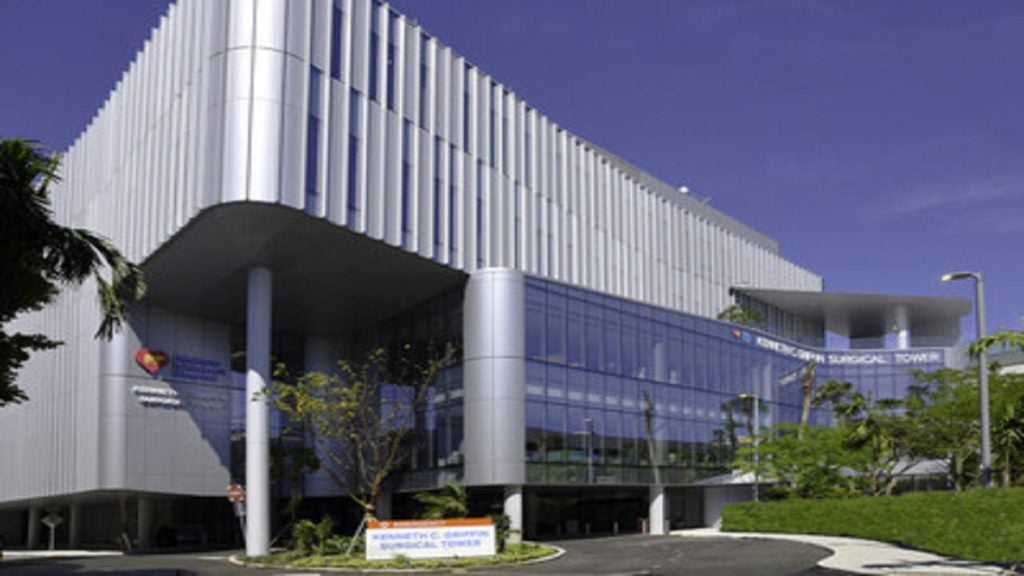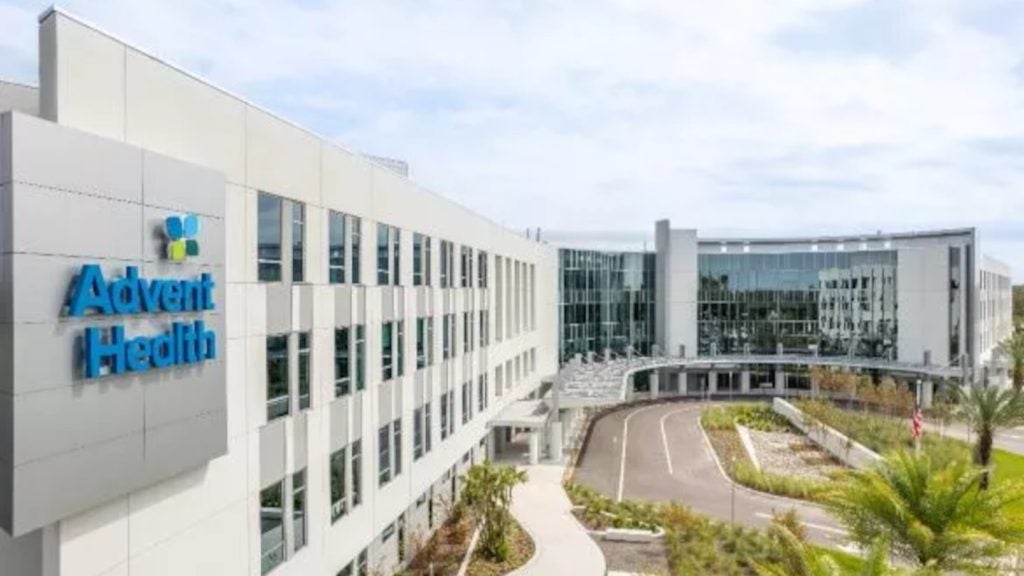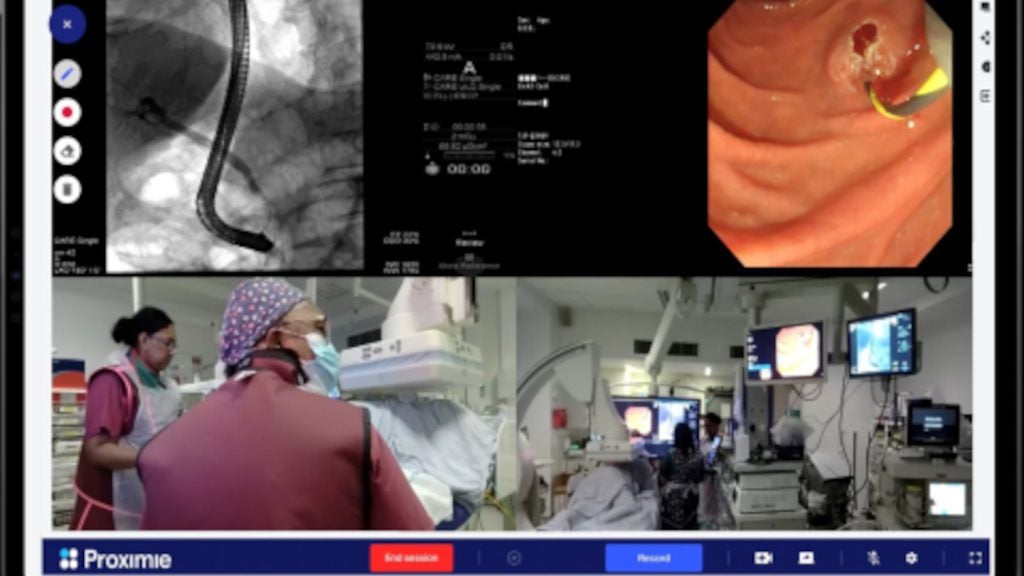The MIC Clinic in Berlin has installed a new solution manufactured by Karl Storz ORchestrion and Ekahau RTLS for the management of clinical processes around its operating room.
The solution can be integrated with the existing hospital information systems and wireless networks and does not require the deployment of new infrastructure, the company said.
At the MIC Clinic in Berlin, the operating room staff uses the ORchestrion Steering and Localisation Module (SLM) for daily patient sequence control.
The SLM is a software solution developed by KARL STORZ that allows the monitoring and control of all surgical treatment processes in the operating room.
The solution has been enhanced with the Ekahau RTLS system providing hospital staff an automated overview of the surgical procedure flow.
The combined solution and the related optimisation of operations planning and execution are expected to help the hospital save operational costs.
How well do you really know your competitors?
Access the most comprehensive Company Profiles on the market, powered by GlobalData. Save hours of research. Gain competitive edge.

Thank you!
Your download email will arrive shortly
Not ready to buy yet? Download a free sample
We are confident about the unique quality of our Company Profiles. However, we want you to make the most beneficial decision for your business, so we offer a free sample that you can download by submitting the below form
By GlobalDataUnpredictable events are integrated into the existing resource planning and the patients are tracked using the Ekahau T301W wearable wi-fi tags.
Ekahau wi-fi tags help the hospital meet the challenges that arise in monitoring various resources and in coordinating their application in the operating theatre.
The automation of the operating room surgery schedule also benefits the patients by enabling shorter wait times because of a more systematic process flow.
MIC outpatient and ambulatory nursing services manager Stefanie Klutznik said that, with SLM, the processes around the operating room are controlled by means of automated task transmission capability to mobile terminals.
"In case deviations occur in the schedule, SLM helps adapt the process flow in a way that overall operating room utilisation is still optimised despite these unexpected delays," Klutznik said.







